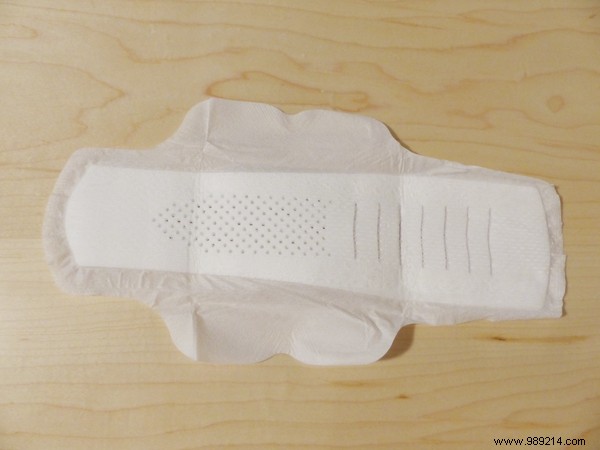Not long ago, Scottish women may have considered themselves the luckiest in the world. Indeed, local MPs voted for free tampons and sanitary napkins. This totally unprecedented measure will concern all women in the country, without exception. The objective of this measure is to fight against menstrual precariousness.
Menstrual poverty affects approximately 1.7 million French women. And if free hygienic protection is the subject of an experiment in some French colleges and high schools, other countries are well ahead . This is particularly the case in Scotland, where Parliament unanimously voted for free periodic protection . The text obliges schools, colleges and universities to make tampons and towels available to users in the toilets. This measure could also concern public bodies in the future.
In a tweet (see below), Prime Minister Nicola Sturgeon expressed her pride in this revolutionary measure and thanked all campaign participants. This is indeed a great world first, because no country had dared to take such a decision in the past.
At the origin of this new law, we find MP Monica Lennon. According to the latter, no woman should worry the purchase of his next tampons or other hygienic protections. Unsurprisingly, women's associations and trade union coalitions did not hesitate to support the measure. You should know that the text had already been validated in February 2020 during a first reading. If the first vote had passed despite an abstention, the second allowed the adoption of the law unanimously (121 votes to 0). Its implementation will cost nearly ten million euros per year to the Scottish State.
"Scotland won't be the last country to relegate era poverty to history, but we are lucky to be the first" , said the MP.

Associations in favor of this measure include the charity Plan International UK. Its chief executive Rose Caldwell hailed Scotland's pioneering role . She also explained that there are three reasons for menstrual poverty:the cost of sanitary protection, lack of education, and the stigma and shame associated with menstruation. By making sanitary pads free, Scotland largely solves the problem.